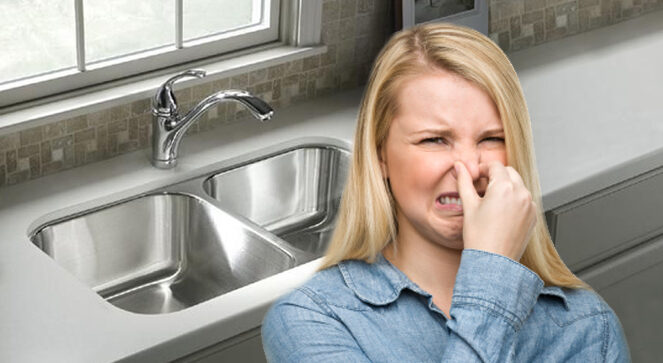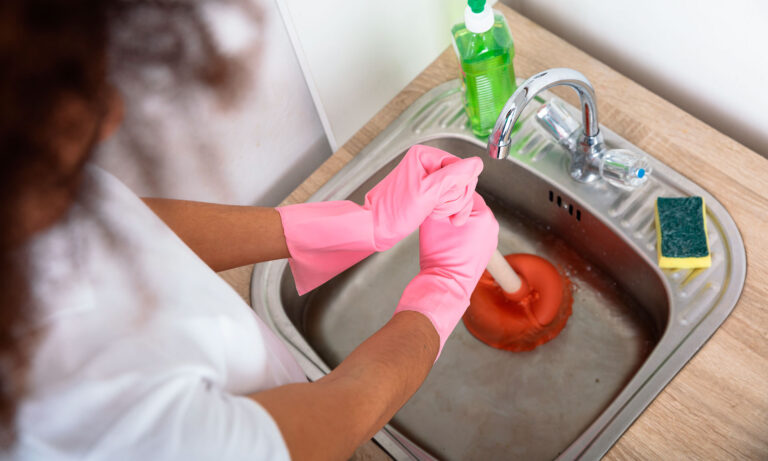In our fast-paced world, wet wipes have become an indispensable part of daily life, offering a convenient solution for personal hygiene. However, the seemingly innocuous act of flushing wet wipes down the toilet can lead to serious consequences, particularly for those in need of drain unblocking services. This article explores the reasons behind the dangers of flushing wet wipes and the impact they have on drain unblocking.
The Flushable Myth:
Many consumers believe that wet wipes labeled as “flushable” are safe to dispose of in the toilet. Unfortunately, this label can be deceiving. Despite making it through toilet plumbing, these wipes don’t disintegrate as swiftly as toilet paper, leading to accumulations that result in drain blockages.
The Culprit Behind Many Drain Blockages:
Wet wipes, composed of resilient synthetic fibers, defy quick degradation upon contact with water. Unlike toilet paper, they tend to clump together, forming stubborn blockages within drains and sewers. This durability becomes a significant challenge for those tasked with drain unblocking, as these wipes resist easy removal.
Environmental Impact:
The repercussions of flushing wet wipes extend beyond drainage concerns to environmental issues. When flushed, these non-biodegradable wipes contribute to environmental pollution. Marine life is at risk of ingesting or becoming entangled in these wipes, causing ecological imbalances and environmental harm.
Costly Consequences for Drain Unblocking:
Beyond inconvenience, the act of flushing wet wipes has financial implications for both homeowners and local authorities. Blocked drains necessitate expensive repairs and maintenance, potentially leading to overflows, property damage, and posing risks to public health. Drain unblocking services become essential to mitigate these costly consequences.
Safer Alternatives:
To avoid exacerbating the drain blockage dilemma, adopting alternative disposal methods for wet wipes is crucial. Properly dispose of them in designated bins, specially designed for non-flushable items. This simple change in behaviour can prevent unnecessary strain on drainage systems and reduce the demand for drain unblocking services.
Raising Awareness:
Educating the public about the risks of flushing wet wipes is paramount, particularly in the context of drain unblocking services. Homeowners, businesses, and institutions must actively promote responsible waste disposal practices. By doing so, we can collectively alleviate the strain on drainage infrastructure and reduce the need for frequent drain unblocking.
Conclusion:
In the pursuit of convenience, it’s imperative to consider the long-term consequences of our actions. Before flushing wet wipes, remember that this seemingly simple act can lead to significant challenges for drain unblocking services. Through small behavioural changes and advocating for responsible disposal, we can contribute to a cleaner and healthier future for our communities, free from the costly consequences of drain blockages.

